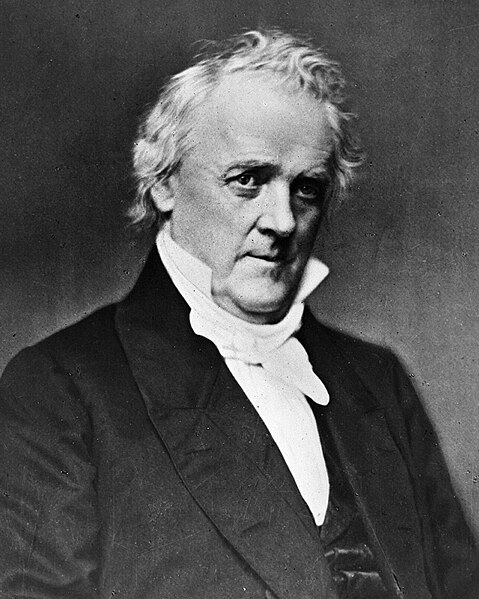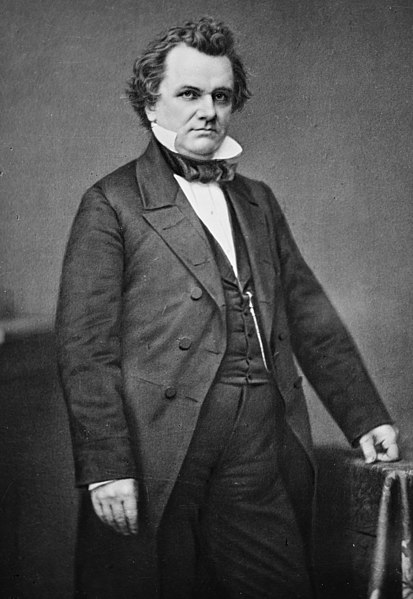William Rufus Rogers Stowell
William Rufus Rogers Stowell was a Mormon pioneer and early member of the Church of Christ established by Joseph Smith. Stowell was instrumental in the establishing many settlements along the main Pioneer route between Nauvoo and Salt Lake City from 1846 to 1850, himself entering the Great Salt Lake Valley in 1850. After his arrival, Stowell also assisted in establishing many settlements in Utah including Fillmore, Ogden and Provo. Stowell's life is also notable for his role in the Utah War (1857-58) where he served as a lieutenant. The reports he gave to U.S. commanders during his capture likely delayed the overall conflict, buying the time needed to negotiate and reduce tensions on both sides.
Col. Albert Johnston
William Stowell as Church Patriarch
Interior of an Officer's Tent, Utah War
The Utah War (1857–1858), also known as the Utah Expedition, the Utah Campaign, Buchanan's Blunder, the Mormon War, or the Mormon Rebellion, was an armed confrontation between Mormon settlers in the Utah Territory and the armed forces of the US government. The confrontation lasted from May 1857 to July 1858. The conflict primarily involved Mormon settlers and federal troops, escalating from tensions over governance and autonomy within the territory. There were several casualties, predominantly non-Mormon civilians. Although the war featured no significant military battles, it included the tragic Mountain Meadows Massacre, where Mormon militia members killed about 120 unarmed settlers traveling to California.
American officers during the Utah War
Governor Brigham Young was appointed to office by President Millard Fillmore in 1850.
President James Buchanan was inaugurated in March 1857. The Presidential campaign of 1856 featured extensive denunciation of polygamy and Mormon governance in Utah.
Senator Stephen A. Douglas was a leading proponent of popular sovereignty.







